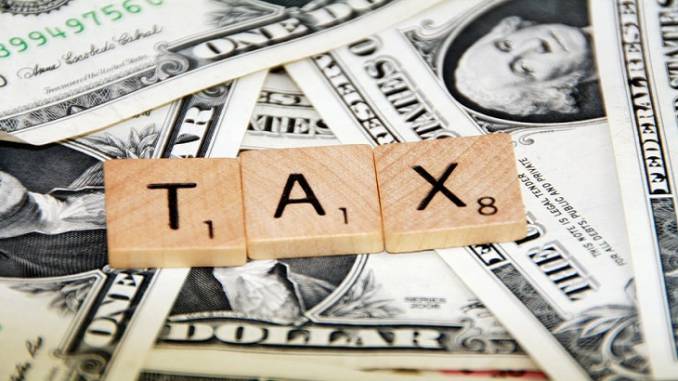Massachusetts House and Senate members have until the end of the month to hammer out a bill that would amend the marijuana legalization measure approved by voters in November.
The two chambers approved separate bills aimed at overhauling the voter-approved law legalizing the recreational use of marijuana in Massachusetts.
The House and Senate also have to find middle ground on what a city or town wants to do if they want to ban the sale of pot in their community. The House bill allows a board of selectmen to ban marijuana sales from towns, while the Senate would leave it up to voters.
According to the CBS affiliate in Boston:
Borghesani decries “the out and out hostility toward the marijuana industry” he says is shown in the House bill.
“It looks like they assume criminality of anyone who wants to enter the industry,” Borghesani adds. “There are onerous review processes. Even if you want to have your parking lot plowed, the plow driver would have to have a background check.”
As for now, Borghesani says the Senate version of the bill is closer to the will of the voters, and that’s why the Yes on 4 campaign is endorsing that version.
Taxes and the extent of local control over retail pot shops were some of the key differences of opinion between members of the Legislature’s Marijuana Policy Committee, which has been weighing changes in the law that legalized adult use of the drug.
Among states that had previously legalized recreational marijuana, Washington has a 37 percent tax, Colorado 27.9 percent, and Oregon’s tax is 17 percent after being lowered from 25 percent.
The House bill sets a 28 percent tax on marijuana sales while the Senate would hold the rate at the maximum 12 percent prescribed by the current law.
So, according to Leafly, now a six-member Massachusetts House and Senate conference committee, made up of four Democrats and two Republicans, has begun work behind closed doors trying to hammer out a compromise bill making changes to the recreational marijuana law.
credit:theweedblog.com













